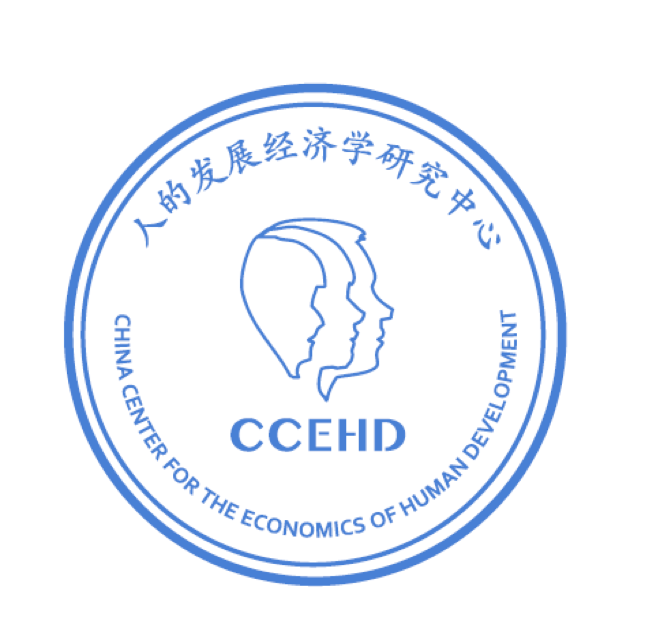
The China REACH Project
The Rural Education and Child Health project (China REACH) is a groundbreaking early childhood randomized control trial designed to evaluate the joint impact of China’s Children Nutrition Improvement Project in Poverty-stricken Areas (CNNIP) and the Jamaica Parenting and Psychosocial Stimulation Curriculum. Improved developmental outcomes for rural children anticipated by ChinaREACH—including health, cognitive and social-emotional skills—will serve to inform China’s national and provincial government and encourage a new National Health and Parenting policy. Goals of this project include the full scale up of national combined parenting and nutrition programs throughout rural China, with policy adaptation to follow.
Background
There is notable inequality of family resources in China’s rural and urban centers. Rates of malnutrition for rural children are approximately 3-4 times those of urban children. In China’s 680 high-poverty counties, an estimated 61 million “left-behind children” are at risk, as one or both parents migrate to urban centers for employment.1 Rural children living in two-parent farming families suffer from further decreased family investment, deprived of income offered by urban wages. Gaps in children’s cognitive and social-emotional development across families of different income levels are associated with household environments and parenting practices. Early interventions can partially remediate these deficits. Later interventions are much less effective.
One Solution: Nutrition
Evidence suggests that China’s rural population exhibits a lack of knowledge for children’s nutritional needs, resulting in misguided infant and toddler feeding practices. To mitigate long-term developmental impacts of malnutrition during early childhood, China launched the CNNIP in 2012 to provide universal, free nutritional supplements to all children aged 6-24 months in poverty counties. China’s policymakers were informed by the China Development Research Foundation’s pilot studies on nutrition under the leadership of Dr. Lu Mai. Girls and ethnic minorities are expected to benefit most from CNNIP.
Interdisciplinary Global Collaboration
ChinaREACH is an international collaboration between Dr. Lu Mai’s team at the China Development Research Foundation (CDRF) and Nobel laureate Professor James J. Heckman’s team the University of Chicago’s Center for the Economics of Human Development (CEHD) and at the Human Capital and Economic Opportunity Global Working Group.
An Improved Solution: Nutrition + Parenting
ChinaREACH piloted a culturally adapted version of the Jamaica parenting program with more than 1500 families of children aged 6 to 36 months, randomly selected throughout Huachi County in Gansu Province. Under the guidance of Dr. Heckman’s team, ChinaREACH will evaluate CNNIP with an added home visiting parenting intervention designed to improve caregiver knowledge of early child development and aspects of adult-child interaction that enhance children’s cognitive and social-emotional development. The well-evidenced Jamaica program was designed by Professor Sally Grantham-McGregor and her colleagues at the University College London to improve parenting skills by emphasizing psychosocial stimulation for children’s learning within a warm, supportive home environment. A recent follow-up conducted twenty years after the original Jamaica study demonstrates large effects on average earnings, with increases of 25% for treated participants as compared to controls.2
China Reach: Implementation
In 2014, the impact evaluation pilot study design was finalized. The Jamaica parenting curriculum was selected and adapted for rural China, as was a large-scale demographic survey and early childhood instruments to assess children’s health, overall development, adult-child relationships, social, emotional, and cognitive support in the home environment. In early 2015, baseline data were collected using the Denver Developmental Screening Test (2nd ed.), NCAST Parent-Child Teaching Scale, Home Observation for Measurement of the Environment, and anthropometrics. The home visiting treatment began in September 2015 and ended in September 2017.
Child Outcomes
ChinaREACH seeks to promote optimal health, cognitive, and social-emotional outcomes for children related to school readiness and life-long achievement. Health outcomes include reduced stunting and wasting, reduced incidence of anemia, and reduced injury rates for children. Cognitive and social-emotional outcomes include evidence of self-regulation, determination, resilience, and motivation for learning, the ability to care for others and resolve peer conflicts, and reduced internalizing/externalizing behaviors.
Parenting and Caregiver-Child Interaction Outcomes
As the enriched caregiving intervention is targeted to parents or caregivers of infants and toddlers, there are specific goals pertaining to changes in the caregivers’ behavior, their knowledge of child development, and the relationship between caregiver and child. Warm, supportive adult-child interaction is a key ingredient for children’s cognitive and social-emotional development. Compliance of caregiver engagement in parenting education sessions must be established to promote increased frequency of positive adult–child interactions and decreased neglect, abuse, or harsh discipline.
Community Outcomes
We expect to increase global knowledge of cultural parenting practices in China, such as the socialization of interdependence and filial piety. By creating a well-trained team of home visiting parenting educators that demonstrate fidelity to the intervention curriculum model, ChinaREACH further promises to strengthen labor capital and community resources in China’s rural towns and villages that are invested in early childhood development.
Figures
Language and Cognitive Skills Distribution Curves
Social-emotional Skills Distribution Curves
Fine Motor Skills Distribution Curves
Cognitive and Language Skill Growth Curve Comparison: China REACH vs Jamaican Reach Up and Learn
Project Team
Project Partners









